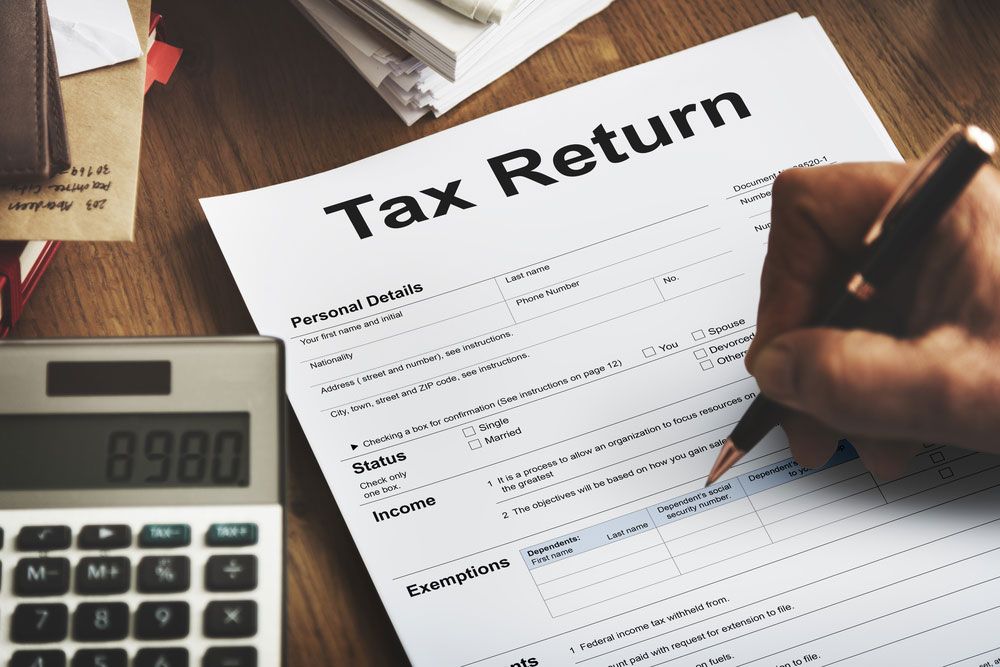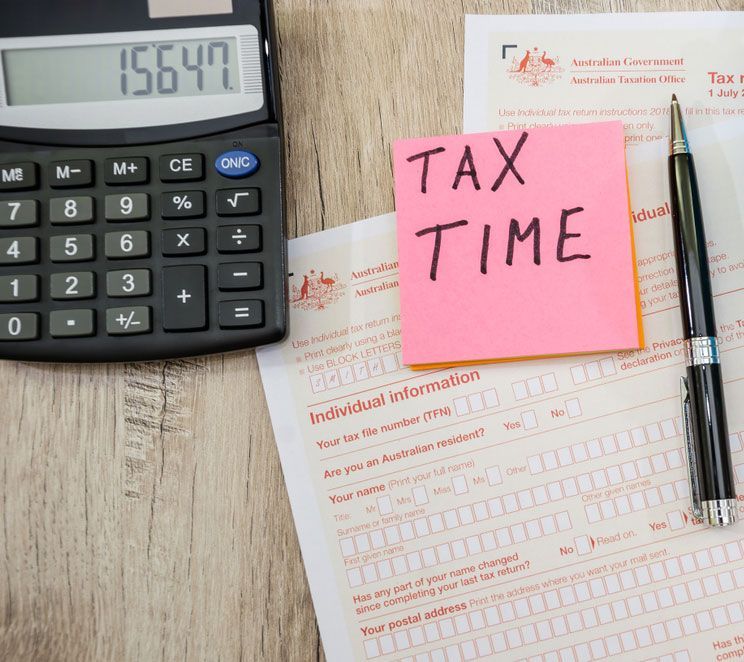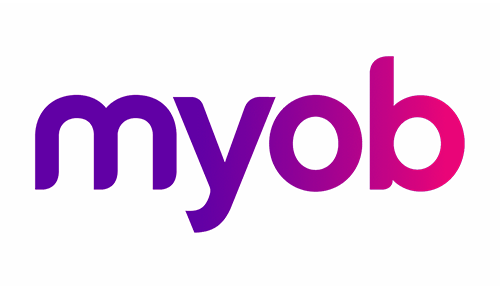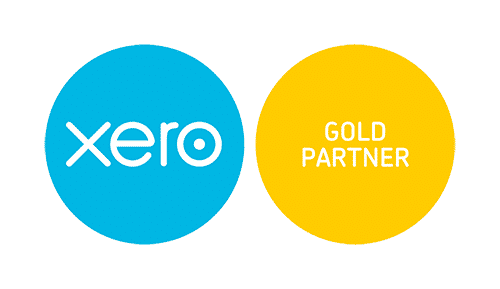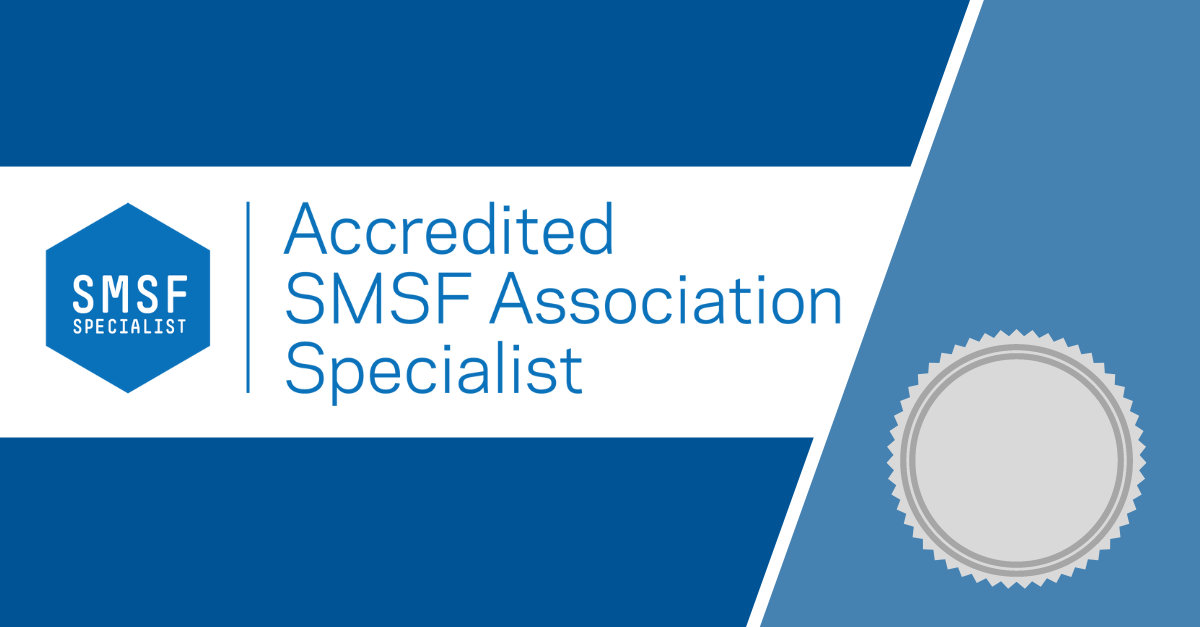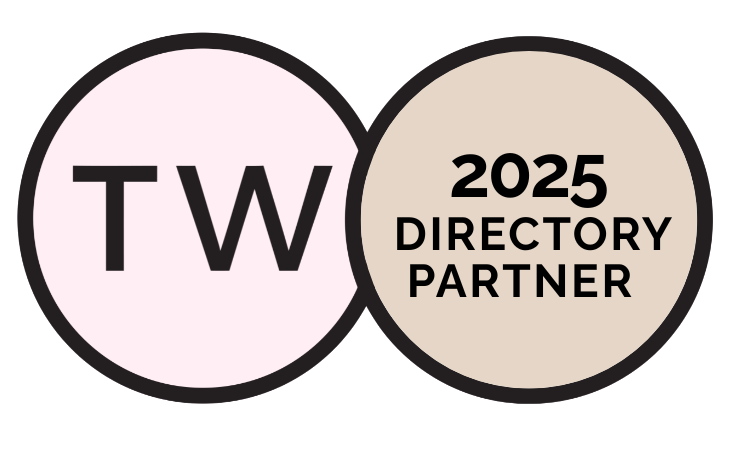Preparing Tax Returns on the Central Coast
Professional Team
Wide Service Range
Customer Service-focused
Guiding You Throughout the Process
At Dynamic Accounting Taxation Advisors, we provide residents and businesses on the Central Coast with tax return preparation.
Whether you're an individual or business owner, our tax return services aim to ensure compliance with ATO requirements while helping identify eligible deductions to optimise your tax outcome. Our team offers guidance throughout the entire process, from gathering documents to reviewing and lodging returns.
We understand the importance of accuracy and timeliness, which is why we focus on thorough preparation and prompt submission. Our goal is to help clients minimise tax liabilities and maximise any potential refunds by carefully analysing each financial situation.
By partnering with a professional accounting service, you may benefit from informed tax strategies that can make tax season stress-free.
For tax return services on the Central Coast, contact Dynamic Accounting Taxation Advisors on (02) 4385 7365. We offer our services in Gosford, Erina, Bateau Bay, Lisarow, The Entrance, Woy Woy, Wamberal, Kincumber and surrounding Central Coast areas.
How Tax Returns Work
A tax return is a formal report submitted to tax authorities, detailing an individual’s or business’s income, expenses and potential deductions for a specific period.
The process starts by gathering relevant financial records, including income statements, receipts and investment details. This information is used to calculate total income, deductions and any tax owed or eligible for refund.
Filing accurately may ensure compliance with tax laws and help avoid potential penalties. For businesses, additional forms may be required to report income and expenses.
Frequently Asked Questions
What is a tax return, and why do I need to file one?
A tax return is a formal document filed with tax authorities, such as the ATO, that reports an individual’s or business’s income, expenses and tax obligations over a specific period.
Filing a tax return is essential because it means you’re accurately reporting income, claiming eligible deductions and meeting legal obligations. Filing can allow tax authorities to assess your financial situation and determine if you owe additional taxes or qualify for a refund.
Accurate filing can help avoid penalties and supports transparency in financial records, which is essential for long-term financial health.
What information do I need to gather to complete my tax return?
For a tax return, you’ll need various documents, including income statements (such as PAYG summaries), bank statements, records of any investment income, details of expenses that may qualify as deductions and relevant records of assets or capital gains. For self-employed individuals or businesses, additional records may include business income, expense receipts and any applicable tax credits.
Keeping thorough records year-round may simplify the process of gathering information for your return, helping to ensure accuracy and may reveal opportunities for legitimate deductions or credits.
What types of deductions can I claim on my tax return?
The deductions you can claim on your tax return depend on your employment, business and personal expenses that are directly related to generating income.
Common deductions may include work-related expenses, home office costs, charity donations and certain investment expenses. For businesses, deductions may extend to operational costs, asset depreciation and certain insurance premiums. To claim a deduction, you must keep receipts or other documentation proving the expense.
Reviewing eligible deductions with a tax professional can help ensure compliance with regulations while potentially reducing your taxable income.
How does the tax return filing process work if I’m self-employed or own a small business?
For self-employed individuals or small business owners, the tax return process can involve reporting all business income, claiming eligible business-related expenses and accounting for any applicable tax credits or deductions.
Self-employed individuals often need to file additional schedules detailing business income and expenses, while small businesses may need to include financial statements.
Accurate record-keeping is essential, as all deductions and expenses claimed must be backed by documentation. Working with an accountant can simplify this process, as they aim to ensure compliance and accurate reporting while providing guidance on how to legally reduce your tax liability.
